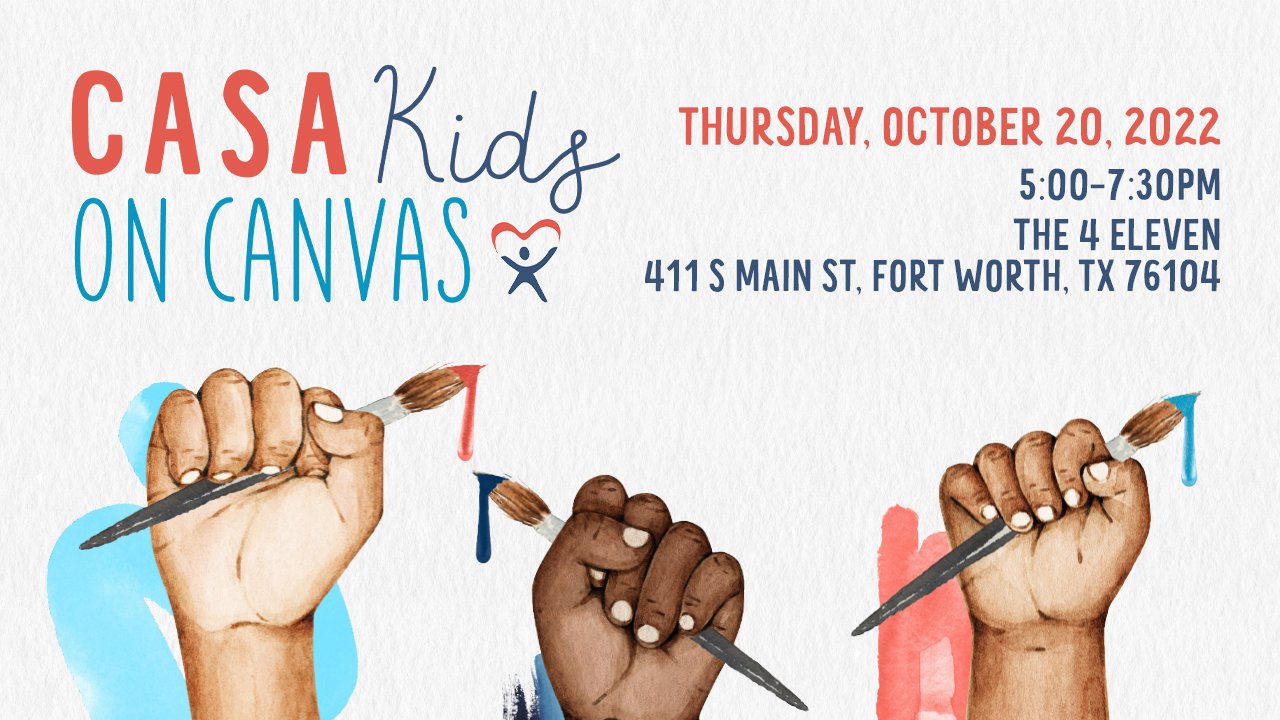Meet CASA Volunteer Bill Huston! Bill has lived in Southlake for the last 29 years. Originally from Oak Ridge, TN, Bill moved to the DFW area from Tampa, FL, in 1993 when the healthcare business he was working for opened an office in Dallas. When Bill first moved to Texas, he was the Senior Vice President (SVP) of Finance for Tenet. Later, he took on the role of SVP for Triad Hospitals, Inc., located in Plano. When they sold the company in 2007, he decided to retire and step away from the business world. That didn’t last long though, and soon Bill was working as the SVP of Finance for a hospice company. He retired for a second time in 2013 and enjoyed the slower pace of retirement for a short time before getting restless once again. He soon stepped into the role of CFO for Scottish Rite for Children. In 2020, with an assist from Covid, he decided to try retirement a third time, and this time it worked. He has no interest in having another paid position and is perfectly content with his role as a full time Uber driver for his grandkids – so far, it’s the best job he’s ever had.
Bill enjoys spending time with his family – his three children, their spouses, and his eight grandchildren. His daughter, Hollee, is married to Sam Ford, and together they have four children: Marlee (14), Lilly (14), Beau (14), and Nash (7). Bill’s oldest son, Chad, is married to Lisa, and they have a daughter, Zinnia (6). Heath is the youngest of Bill’s children and is married to JuliAnne. They have three children: Everly (8), Charlotte (6), and Jett (1).
Bill’s family has many traditions, but his favorite is taking a one-week family vacation each year with the entire gang. Although it’s challenging with such a large group, everyone enjoys the adventure and time spent together. This past year, they traveled to the North Island of Turks and Caicos, which Bill says may be one of the best vacations they’ve had together.
When Bill isn’t traveling or driving the grandkids around, you can often find him at hot yoga or outdoors taking part in a variety of sports. He currently plays on two senior softball teams and two senior baseball teams, and plays pickleball, tennis, and golf. According to Bill, his very active lifestyle helps him hang with the grandkids. Bill is also a volunteer CFO for E3 in Plano, a non-profit organization that establishes churches all over the world and supports missionaries in many foreign countries.
In addition to E3, Bill spends several hours a month volunteering for one of his favorite organizations, CASA of Tarrant County. Bill is a court-appointed volunteer with CASA, taking an oath to advocate for the best interest of children. As an advocate, Bill speaks for children in court, making fact-based recommendations for placement to the judge based on his discussions with the children, family members, teachers and others to find out where the children will be happiest and safest. Bill is a reliable constant for children who are experiencing a chaotic time in their lives.
According to Bill, one of the most rewarding parts of being a CASA is the unique connection you have with your assigned child. “It’s just simple moments of spending time with the child. My child is a little introverted – spends lots of time on social media. I’ve had him on a skateboard, throwing a football, and shooting basketball. I think all kids should sweat some after school, and I encourage my child to enjoy the outdoors – although I did have to make a deal with him to play Uno each time I was there. It’s been a very humbling experience.”
Although Bill had some initial concerns as to whether he was qualified to navigate the maze of agencies often required for foster children, the CASA organization has helped him every step of the way. They have the best support system and will take a problem or issue if it’s beyond Bill’s knowledge or experience.
Bill encourages other adults to consider becoming a CASA. It takes about five hours a month and your initial commitment is one year. He especially encourages men to get involved. “If you want to change a family tree – come join us. These boys need a father figure in their life – someone they can reach out to if they happen to change foster parents or an event in their life where they need to feel secure or cared for. They didn’t choose their circumstance, but we as men can choose to get involved. I don’t think giving five hours of our time is much of a request when you have a child in need.”























